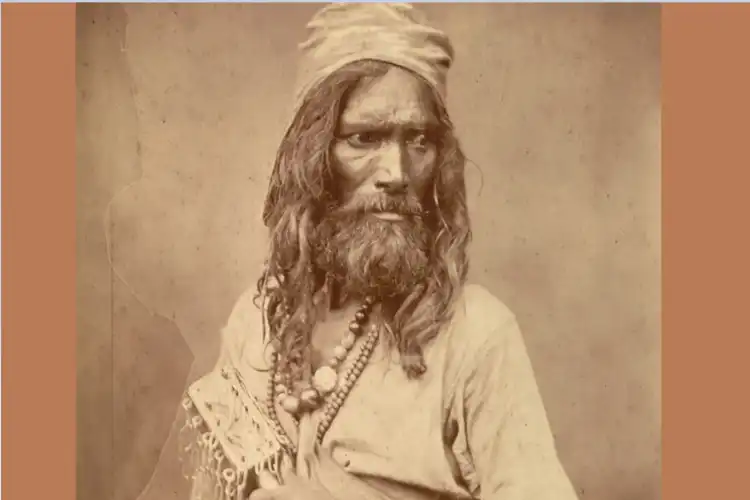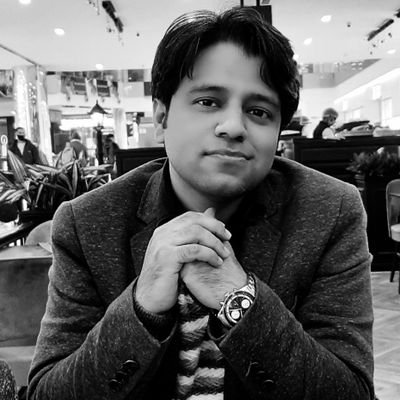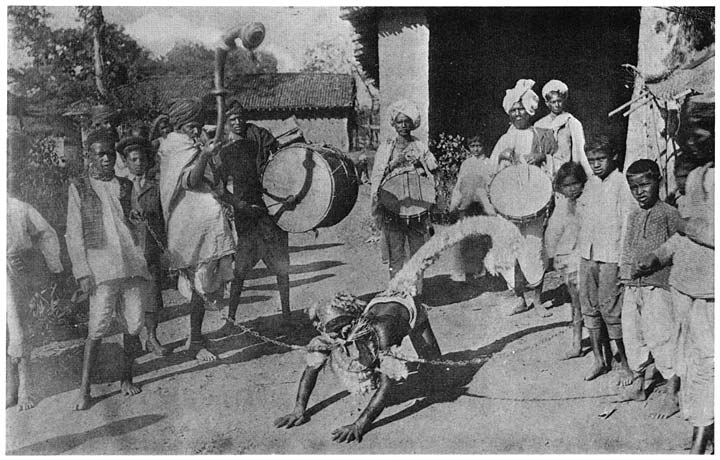
 Saquib Salim
Saquib Salim
A couple of months ago when Prime Minister Narendra Modi pointed out that there was a need to uplift ‘Pasmanda Muslims (castes of Muslims who have remained economically and educationally backward) it created a political debate. While several ‘Pasmanda’ activists took it as an acknowledgment of their long-held demand of recognising injustice carried out by ‘Upper Caste’ Ashraf Muslims, several ‘Upper Caste’ apologists claimed that ‘Pasmanda’ identity is a farce and since Islam does not believe in the caste system, therefore, Muslims do not practice it.
Interestingly both sides are not right and wrong at the same time. It is a fact that Islam, in its theology, has no caste system but we cannot deny the reality that Indian Muslims practice a caste system that is oppressive and discriminatory. If Islam has no provision for caste then how has the hierarchical social system entered the community? Many political and social commentators say that Indian Muslims have adopted this oppressive social system from Hindus. This is again half-truth.
Renowned Historian and Archaeologist Prof. Makkhan Lal, in a recent lecture delivered at Nehru Memorial Museum & Library (NMML), said, “whatever the caste system we have today, whatever the caste system we got in 1947, it’s all pure gift of the British”. He was not talking about the caste system in any particular region or religion. European researchers like Nicholas Dirks have also arrived at a similar conclusion. The caste system as we know it in present times was created by the British as a part of its ‘divide and rule policy adopted after 1857.
It is a well-known fact that the British confiscated properties of the people who were against them and discriminated against their kiths and kin in education and employment. However for some reasons, people do not appreciate the making of Depressed Castes and Tribes as a tool to suppress anti-colonial movements.
Quite a few writers, including yours truly, have written about the Fakir and Sanyasi Rebellion in which this group of ascetics led a revolt against the British in the late 1760s till 1800. New research is pointing out that the revolt of Fakirs did not end in 1800. They shifted their base to South India and later to North and were a major factor behind outbreaks of mutinies at Vellore, Meerut, Ambala, etc.

Madari Fakirs holding a roadside entertainment show in the 19th century
In the 1760s, after the defeat of Nawab’s Army at Plassey, Hindu and Muslim ascetics took it upon themselves to rescue the Indian peasantry from the tyranny of the foreign rulers. Majnu Shah, a Fakir from the Madariya sect of Sufis led the revolt with his followers. He was a devotee of Syed Zinda Badiuddin Shah Madar, whose tomb is situated in Makanpur, Kanpur. The followers of Madar Shah used to roam around and were called ‘Madaris’. A.N Chandra wrote, “Majnu Shah was the most enigmatic character in the drama of 'Sannyasi and Fakir Rebellion.
Strategically he was brilliant. Moreover, he was an able leader and could draw around him a horde of followers who spared no pains to serve him to the best of their abilities. He was well versed in guerrilla tactics and in his youth had the British, though superior in arms, within his clutch. He was a past master in logistics and we find him moving with his followers, sometimes reported being in thousands, from one part of the country to another. It would not be far from the truth to say that we see history in the making from his activities.” Madaris and Fakirs were the names used for the followers of Majnu Shah, who was the head of the Sufi order established by a 15th-century Sufi Madar Shah.
In his ethnographic study, The Tribes and Castes of North Western Provinces of Oudh, William Crooke identified the followers of Madar Shah as people who “go about performing bears or monkeys or are jugglers and eaters of fire”. Madaris led by Majnu Shah challenged the authority of the British in present-day Uttar Pradesh, Bihar, West Bengal, Odisha, and Assam. Sufi shrines were used as sites where the pretext of festivals Fakirs would gather, train and distribute arms, and plan attacks. After the death of Majnu Shah in 1786, the madaris did not put down their arms.
Rather, their activities intensified under his successors like Musa Shah, Pharagul Shah, Chiragh Ali Shah, Sobhan Shah, and others. With better arms and Indian collaborators the movement in Bengal was overtly suppressed by 1800.
Madari Fakirs entered the service of Marathas as soldiers when they were fighting the British. Large bands of Madari Fakirs were sent south in Bangalore, Chennai, Vellore, Nandi Hills, and other cantonments. It was around 1800. They would show puppet shows and organize small plays to propagate anti-colonial nationalist feelings among the soldiers of the English East India Company. A few of them were serving Marathas while others also served Tipu Sultan against the British. Nabi Shah, Sheikh Adam, and many such Fakirs were the leaders of the Vellore Mutiny in 1806.
Those who have read the accounts of 1857, would know that people showing puppet shows and roadside plays instigated anti-colonial feelings among the Indian sepoys of the English East India Company.
The fact that Madari Fakirs fought along with Hindus like Bhawani Pathak, and Holkars, and presented a syncretic form of religion was a further threat to the British, which had its foundation on divide and rule.
Madaris who held army positions in Maratha, Mughal, and Rajput kingdoms were now enemies of the British. The British devised policies which targeted them. They would not be employed, their profession was criminalized and many sects among them were put on a list of criminal tribes. With time, discrimination against them brought them from a position of respect to the status of ‘Pasmanda’ .
This is not an isolated story of one group of people, formed into a caste identity and then punished for loving the motherland. This is how and why people were formed into identities of caste and a few of them were bestowed with favours while others were deliberately excluded from the economic mainstream.
ALSO READ: Indian Muslims played a role in development of democracy
(Saquib Salim is a New Delhi-based historian and a writer)
